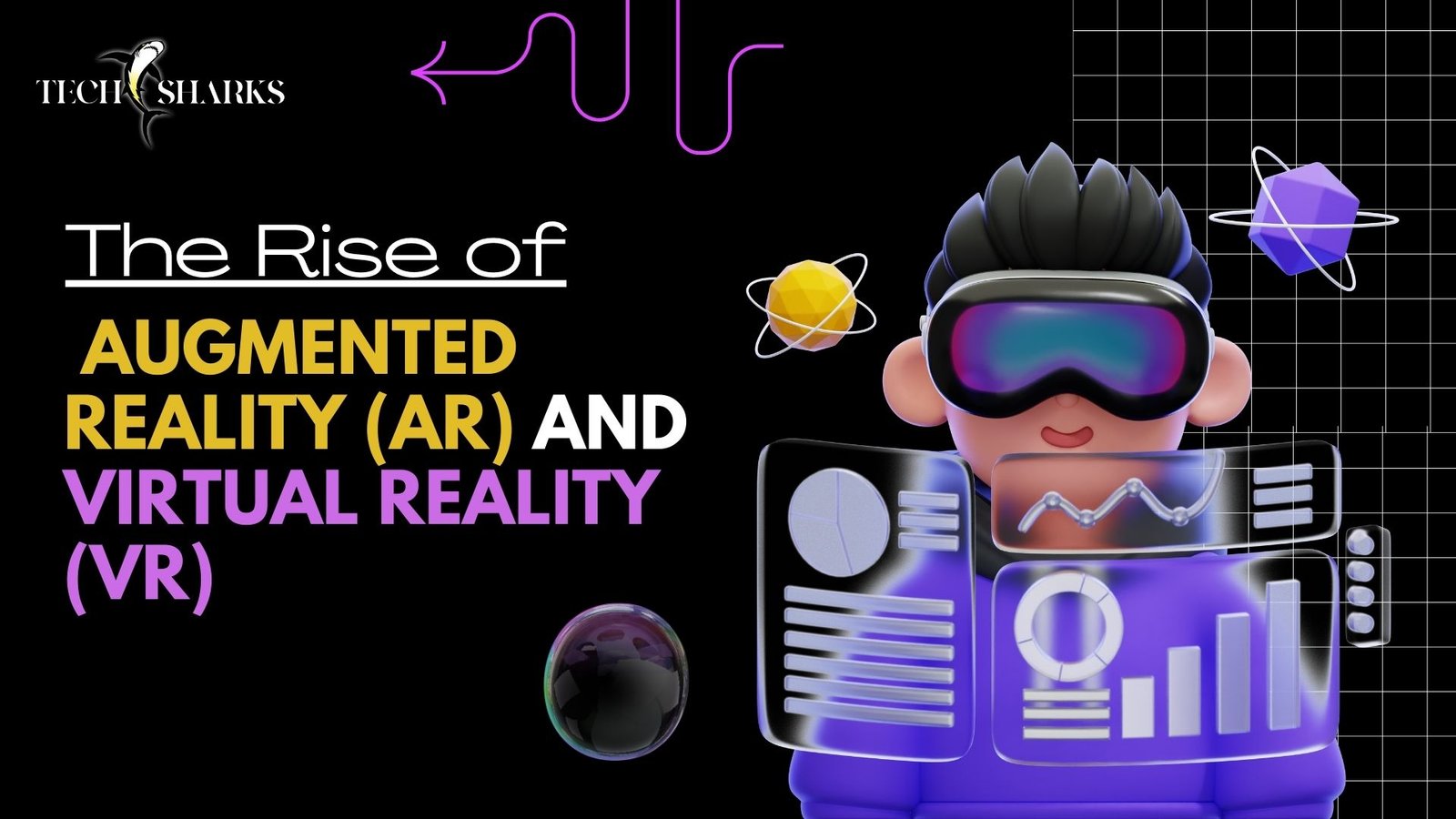Exploring the Latest Mobile Technology Trends to Watch in 2025
As we step into 2025, mobile technology continues to evolve at an unprecedented pace. From advancements in connectivity to groundbreaking hardware innovations, the mobile industry is shaping the way we interact with our devices. In this article, we’ll explore the key mobile technology trends to watch in 2025, including developments in 5G and beyond, foldable phones, artificial intelligence (AI), mobile gaming, and more.
1. Connectivity Beyond 5G: The Road to 6G
The rollout of 5G networks has already transformed mobile communications, offering ultra-fast data speeds and low latency. By 2025, 5G will be more widespread, enabling new applications such as real-time streaming, remote work, and advanced augmented reality (AR) experiences. However, the real game-changer will be the emergence of 6G technology.
While still in the research phase, 6G is expected to support even more connected devices, facilitate near-instantaneous data transfers, and make futuristic technologies like holographic communication a reality. With 6G, users will experience lightning-fast browsing speeds, enhanced connectivity, and seamless integration with smart ecosystems in entertainment, healthcare, and education.
2. Foldable and Flexible Smartphones: The Future of Mobile Design
Foldable smartphones have gained traction with devices like the Samsung Galaxy Z Fold and the Motorola Razr. By 2025, these phones will become more durable, affordable, and widely available. Improvements in hinge mechanisms and screen flexibility will address early durability concerns, making foldable devices more practical for everyday use.
We may also witness the rise of rollable smartphones, where screens expand with a simple swipe. Brands like LG and TCL are already working on this technology, which will offer larger displays without compromising portability. Additionally, foldable devices could integrate more seamlessly with other smart gadgets, creating a cohesive mobile ecosystem.
3. AI-Powered Mobile Experiences
Artificial Intelligence (AI) has long been integrated into mobile devices, but by 2025, AI will become an essential part of how we interact with our phones. AI-driven virtual assistants like Google Assistant, Siri, and Alexa will evolve to provide more natural and context-aware conversations.
AI will also enhance photography, automate real-time video editing, and optimize battery life. On-device AI chips will become more powerful and energy-efficient, allowing smartphones to perform complex tasks without relying on cloud computing. Additionally, AI-powered security measures such as facial recognition, fingerprint scanning, and behavioral biometrics will make smartphones more secure than ever before.
4. Mobile Gaming: The Next Level of Entertainment
The mobile gaming industry is set to reach new heights in 2025. With the expansion of cloud gaming services and powerful mobile GPUs, users will be able to stream high-quality games without needing expensive hardware. AI will also play a role in making in-game characters more intelligent and environments more immersive.
Augmented reality (AR) gaming will continue to evolve, offering more interactive and realistic experiences. Games similar to Pokémon Go will become more advanced, thanks to improved sensors and better tracking technology. Additionally, mobile esports and game streaming platforms like Twitch will grow, making mobile gaming a dominant force in the entertainment industry.
5. The Rise of Augmented Reality (AR) and Virtual Reality (VR)
By 2025, AR and VR will be standard features on mobile devices, impacting industries from gaming to online shopping and education. AR applications will allow users to try on clothes virtually, visualize furniture in their homes before purchasing, and even engage in interactive learning experiences.
Mobile VR will also improve, with lower latency and higher bandwidth making virtual experiences more seamless. With the integration of 5G, VR applications in virtual tourism, remote work, and online education will become more accessible and engaging.
6. Mobile Payments and Digital Wallets
Digital wallets and mobile payment systems like Google Wallet, Apple Pay, and Samsung Pay are becoming an integral part of daily transactions. By 2025, biometric security such as facial recognition and fingerprint scanning will make mobile payments faster and safer.
Cryptocurrencies could also become more mainstream in mobile payment systems, offering users alternative ways to conduct transactions. Additionally, mobile banking will continue to advance, allowing users to manage their finances, track expenses, and invest directly from their smartphones.
7. Sustainability and Green Mobile Technology
As climate concerns grow, mobile manufacturers are shifting towards eco-friendly designs and sustainable production methods. In 2025, more smartphones will be made from recyclable materials, and companies will focus on reducing electronic waste.
Battery technology will improve, extending battery life and enabling faster charging. Innovations in solar and wireless charging will also minimize reliance on traditional power sources. Additionally, repairability and modular smartphone designs may become more common, helping reduce electronic waste and prolong device lifespans.
Conclusion
As we move further into 2025, mobile technology is set to revolutionize the way we interact with our devices. From 6G connectivity to AI-powered smartphones, foldable designs, and immersive gaming experiences, the mobile industry is on the brink of major advancements. With sustainability efforts also taking center stage, the future of mobile technology promises to be not only innovative but also more eco-friendly. Stay tuned as these trends continue to shape the way we live, work, and play in the years to come.







